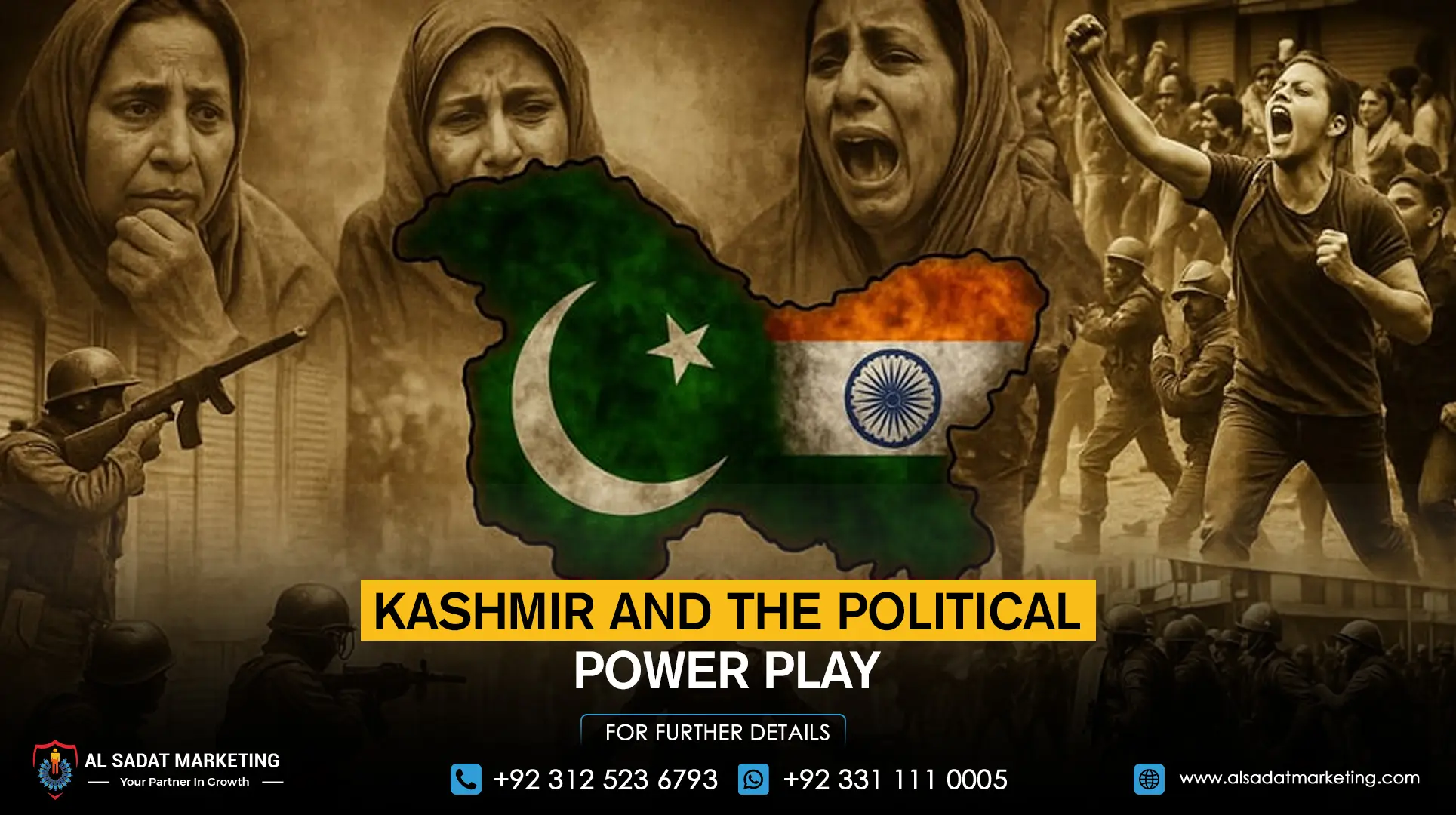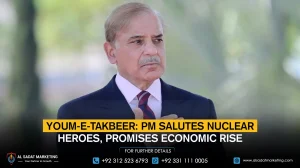Quaid-e-Azam Muhammad Ali Jinnah famously said that Kashmir is the jugular vein of Pakistan. This isn’t just a poetic line; it reflects the deep and unbreakable bond between Pakistan and Kashmir. Politically, geographically, and emotionally, the two are one. Kashmir completes Pakistan just as Pakistan completes Kashmir.
For more than seventy years, generations of Kashmiris have lived with this connection. They have fought, suffered, and sacrificed with Pakistan’s flag close to their hearts. Their message remains clear and constant: they want to join Pakistan. This isn’t just a slogan or political rhetoric — it’s their right to self-determination, a right recognized by United Nations resolutions but consistently denied by India.
A turning point came on August 5, 2019, when India’s government, led by Prime Minister Narendra Modi, revoked Kashmir’s special status. This sudden and unconstitutional move was strongly opposed by both Pakistan and Kashmiris. Since then, Kashmir has faced severe restrictions, with reports of increased human rights abuses. India is also trying to alter the region’s demographic makeup by bringing in people from outside Kashmir. Many see this as a new form of colonialism.
It’s important to remember that India first brought the Kashmir issue to the United Nations in 1948. The UN responded with clear resolutions: Kashmir’s future must be decided by its people through a free and fair vote. This remains the only just and lawful solution.
Recently, after fighting between India and Pakistan, U.S. President Donald Trump offered to mediate peace talks. Interestingly, it was India that requested the ceasefire. Pakistan views this offer as a valuable chance that should not be ignored.
Pakistan has always supported dialogue, but India often avoids meaningful talks by making excuses or acting aggressively. Meanwhile, Pakistan continues to stand with Kashmiris politically, morally, and diplomatically. Now is the time to push forward.
The government should respond openly to Trump’s offer, not behind closed doors. Pakistan should prepare a detailed report on India’s human rights violations, backed by evidence like names, dates, and photos, and share this with the U.S., the United Nations, and the world.
Prime Minister Shehbaz Sharif has formed a committee of key leaders, including Bilawal Bhutto Zardari and Sherry Rehman, to raise awareness about Kashmir in Europe. But this effort must go beyond speeches—it requires focused, persistent action.
President Trump, who has taken credit for helping avoid war, must understand that this peace is fragile. Without resolving Kashmir, the risk of conflict remains.
Pakistan must also step up its efforts. The Foreign Office should make sure every Pakistani ambassador worldwide actively speaks out on Kashmir. Parliament should come together, across party lines, to show the world that Kashmir is a united national cause.
Only through united, strong diplomatic efforts can Pakistan increase pressure on India and bring it to the negotiating table. Prime Minister Shehbaz Sharif must act decisively to turn international words into real pressure on India’s government.
Kashmir is at the heart of Pakistan’s struggle. It needs unity, determination, and a clear plan. Until Kashmir’s future is settled fairly, peace will stay out of reach, and the danger of war will continue to loom.










